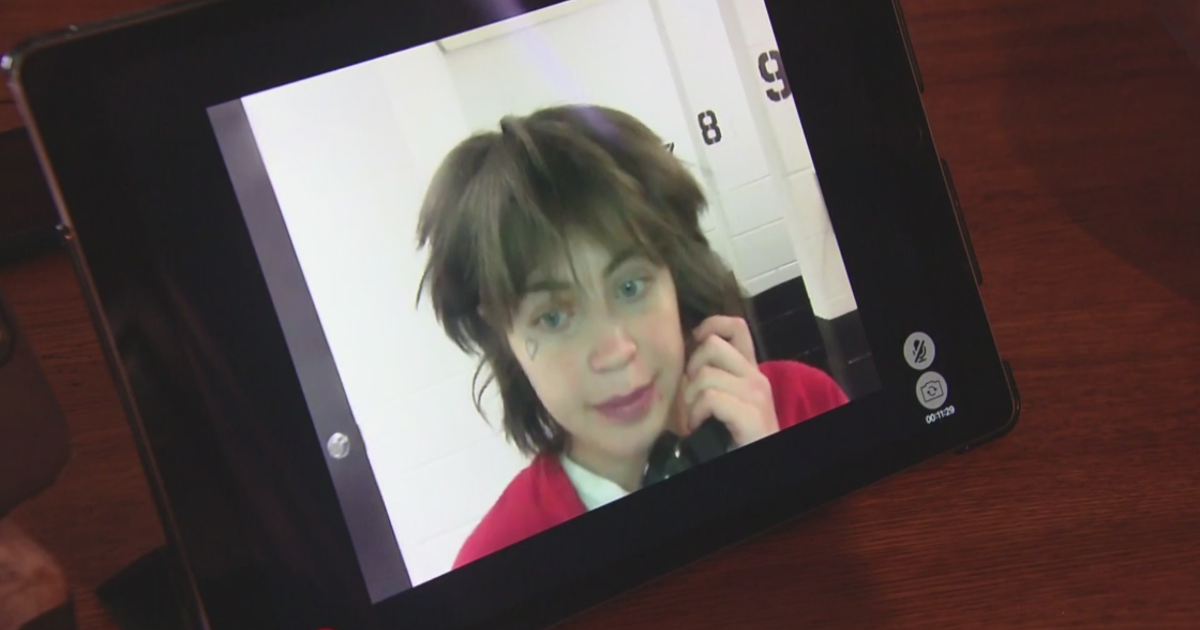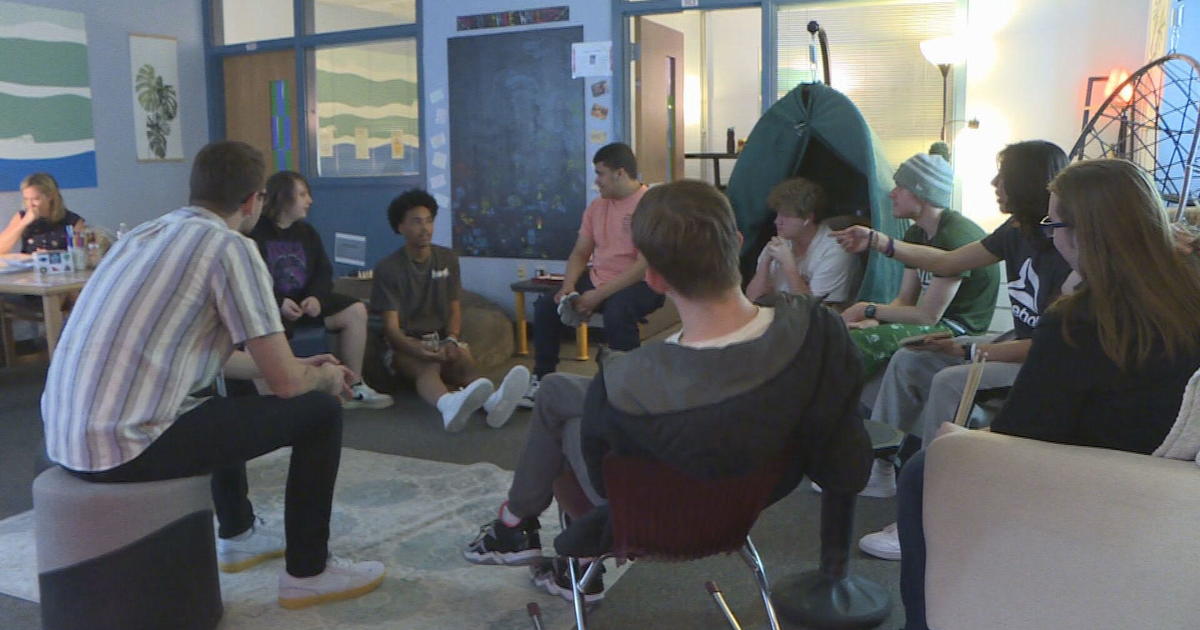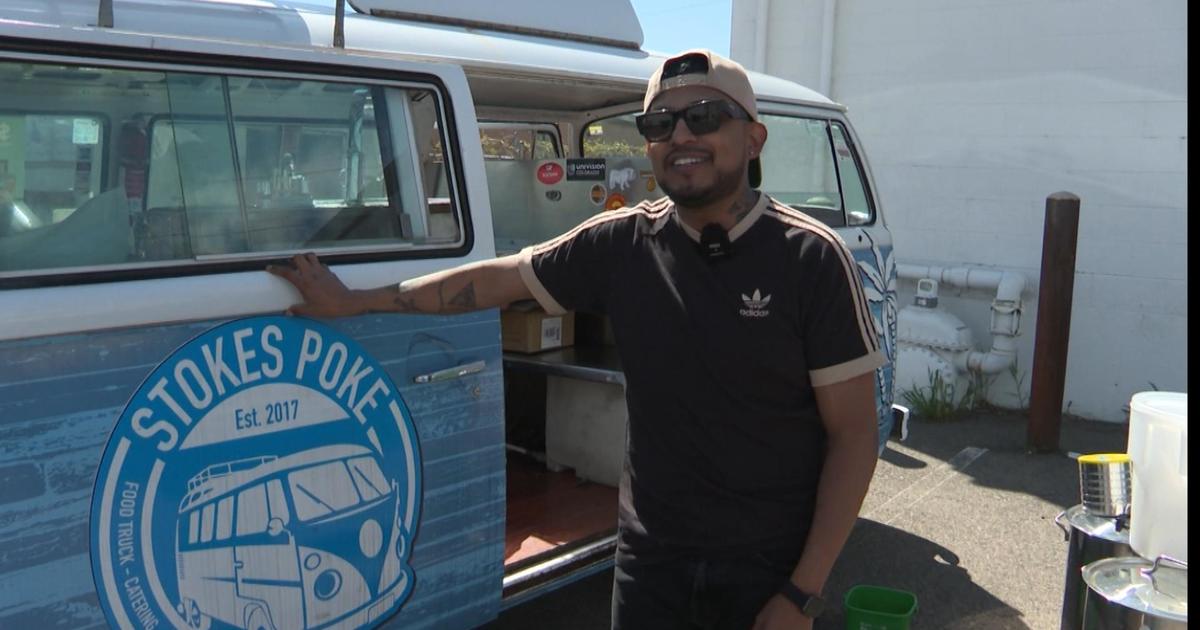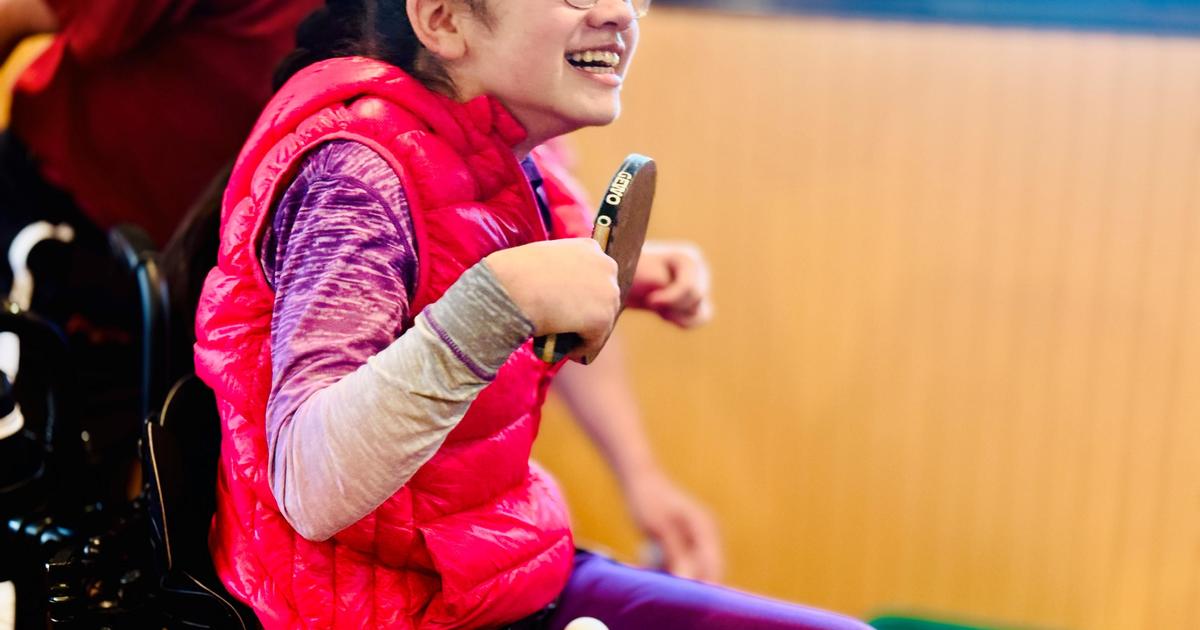Mental Health Issues For Youth In Colorado Reaching Emergency Levels
(CBS4) - As Colorado heads in the right direction in the pandemic, there are new calls for more mental health help for young people. Children's Hospital Colorado is calling it a "state of emergency."
The statistics tell a rough story. Among other things, Children's says suicide is the number one cause of death in Colorado for children 10 and up. Behavioral health visits to its hospitals and clinics are up 72% over 2019. In addition to rising rates of suicide and self-harm, there are increases in substance abuse, eating disorders, anxiety and depression.
"I feel like we really haven't gotten the memo," said licensed clinical social worker Heather Aberg. Eberg heads Resilience 1220, an organization bringing free counseling to children and teenagers who live in the foothills west of Denver.
"Prior to the pandemic we were having a lot of issues," she notes. And with the pandemic, they've only gotten worse. Anxiety went up, she says, because of the loss of control and the lack of access to activities like sports or dance that give children outlets.
"I guess I kind of took for granted how much I needed school to function and to see people," said 17-year-old Jordyn Timmens, a recent graduate. She tried to put the hard times into words in a 12 page essay she titled "Being a Senior During the Pandemic." In doing it, she interviewed other students and found many very lonely. Jordyn lost contact with her friends for months last year as the pandemic got going.
"All of my friends ditched me. I didn't see anybody," she said.
The problem started early in the pandemic.
"Nobody was certain what was going on, everyone was scared ... and we wanted to see each other but then we didn't know what COVID was."
"There was tears daily from them because of how depressed they were, with them not being able to socially interact with their friends and be around the people that they care about," said mother Charity Timmens about Jordyn and her sister Liberty.
"It is just hard to make friends," says Liberty, an 11-year-old middle school student.
"I'm a people pleaser, that's my big thing. And I've always been scared of people not liking me."
Those are the same words many might expect from kids, even under normal circumstances. But the isolation of the pandemic and social media combined to often make things worse.
"There's a lot of movement and passion generated through social media," said Aberg. "The flip side of course is that these kids ... are still measuring their insides to someone else's postings and that's detrimental on so many levels."
When communication went online rather than in-person, there was more of what was already causing issues before COVID.
"Really that was a source that I personally and professionally believe made it so much worse."
And children do watch their parents' behavior, she notes, and see how they cope with stress.
"So much bullying, judgement. Very divided country through the political this and that ... We know there's a lot to be afraid of but adults' fear is penetrating us and really doubling that."
Aberg formed a youth advisory panel and asked, what would they want adults to know?
"We are hurting, we're afraid, you're afraid and you need to give us some space."
Charity Timmens understands that young people trying to escape the negativity can get suicidal.
"These kids are running away from it and they think their only outlet is killing themselves."
Jordyn made it through the pandemic by holding down a job that put her in regular contact with people. In some of the worst of it, Jordyn put her words to paper.
"I had never felt so lonely in my life. That was awful. I wrote a lot of poems about it. They're very sad to look at now."
She had help from her mother and father, but worries many young people do not. But knows many who did not do well.
"I had a friend who went to a mental hospital because of how lonely she was. She's an only child. She's doing much better now," said Jordyn.
Getting help, she hopes, will not carry stigma.
"I suggest therapy to everybody. You don't even need to think that something is wrong with you to need it sometimes. You just need to talk to somebody," she said.
There is help.
Try Robbie's Hope, a Colorado based organization that can help parents learn what to do and can link young people who can help each other.
Help is available free of charge for young people in the mountain communities in the foothills west of Denver at Resilience 1220.
Aberg says to talk to children who may be suicidal and ask direct questions about whether they have considered it. If they tell you they have a plan, it is important to get help right away by calling 911, heading to an emergency room or a mental health crisis clinic.



